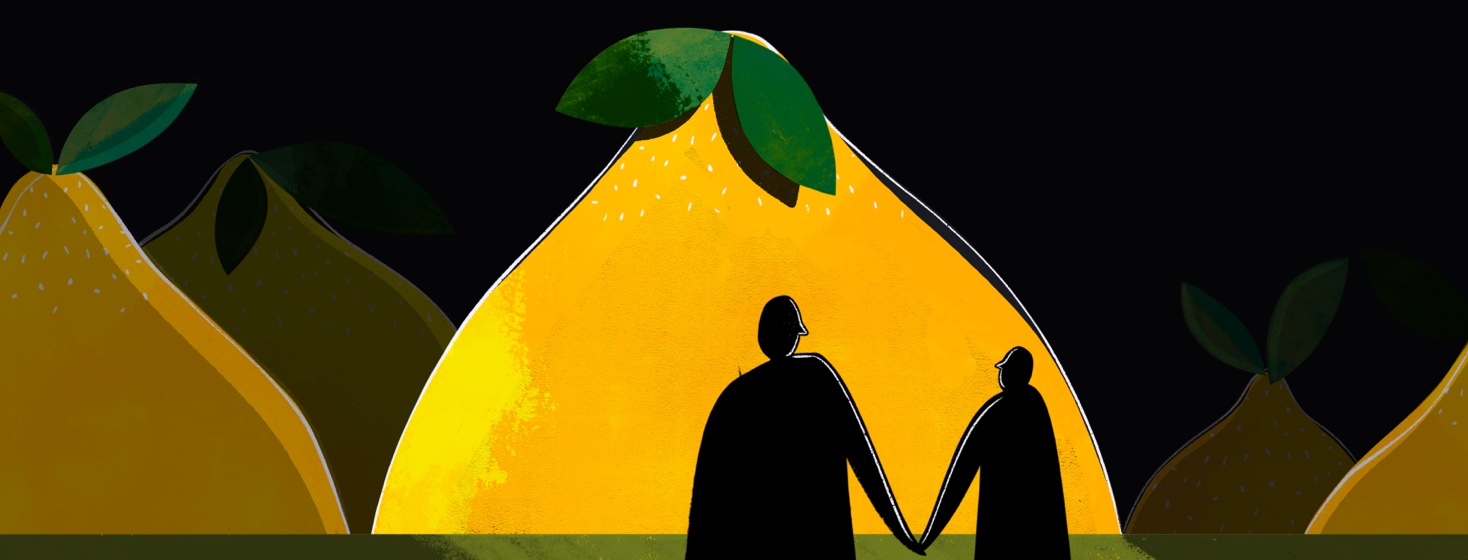"What's in It for Me?"
Being a caregiver can be a thankless job. There is so much grunt work. There is all the regular work you do to keep a household going - you have laundry, cleaning, menu planning, food prep, shopping for the household, and bill paying.
Hobbies? Maybe. Entertainment? Hm...
Now, you add the caregiver piece, when you need to take over all of the household chores for another person, and they have limited capacity. You need to keep them engaged and active. You become the activity chairman, workout instructor, speech therapist, and personal chef. It can be draining and exhausting. We need to take care of ourselves, too. If you are a task-oriented person, that is a lot of boxes to check.
This or That
I view caregiving as:
A transactional relationship
In our tired moments, we ask ourselves, "why we are doing this?" Well-meaning friends and family ask the same questions, and try to provide an easy out. They may have taken it themselves. Resentment and guilt begin to grow, towards them, ourselves, and this disease. Where do we put our feelings?
I am reminded of Kevin Costner as Ray Kinsella in Field of Dreams. He hears a voice make an unusual request, the first of many. He does his best to follow through, which takes him on a wild, fantastical journey. At one point he has a conversation with the specter of Shoeless Joe Jackson:
Ray Kinsella:"I did it all. I listened to the voices, I did what they told me, and not once did I ask what's in it for me."
Shoeless Joe Jackson:"What are you saying, Ray?"
Ray Kinsella:"I'm saying? What's in it for me?"
That very question defines a transactional relationship. That is the type where you each benefit. It's back and forth. They give you your tall, caramel macchiato, upside down, hot. You give them money. You do the dishes. He takes out the trash. It is about exchange and benefit. Everybody wins. You do for each other expecting something in return.
A transformational relationship
The result of a transactional relationship, though, is a shallow, limited relationship based on "what you have done for me lately?" If the need is not being met, or you can get the good or service cheaper or more timely elsewhere, you sever the relationship. There is no loyalty.
The opposite is a transformational relationship. That is when you do for the other person with no expectation of reward. The relationship is the reward.
I saw a video that Bruce Willis' wife posted about caring for him as he struggles with aphasia and frontotemporal dementia. It's hard, but, "I have no choice," she says with a weepy smile. She loves him. It is not about what he can offer her.
There was a woman in a discussion thread on AlzheimersDisease.net that talked about how she and her sister go to see her mother every day and care for her together. She was a good mom, and they are happy to be there for her. They have a loyalty and love that was built over time in their transformational relationship with their mother. They even described feeling honored for the opportunity to love and serve their mom in this way.
Little investments along the way
When we only call people to help when we need something, and don't ask how they are doing and what's going on with them, then we are being transactional. I remember when I was in college and called home, my dad answered the phone and told me mom didn't want to talk to me. I only call when I want money. Ouch. I was being totally transactional. I hurt her feelings, and she resented it and me.
Sometimes, our family members or others that we think would or should be helping are stuck in transaction mode, looking at the cost and benefits. Time, investment, and cultivation can move the relationship toward transformation. Little investments along the way. It's you, not just what you can do for me and our loved one, that matters most. They are a partner, not just a solution to a problem.
And for your loved one that is living with this disease, they may feel they don't have much to offer and struggle to maintain their end of some transaction. They contribute plenty just by being there. They are more than the sum of the tasks you do for them. That love and grace can transform your care partnership.

Join the conversation